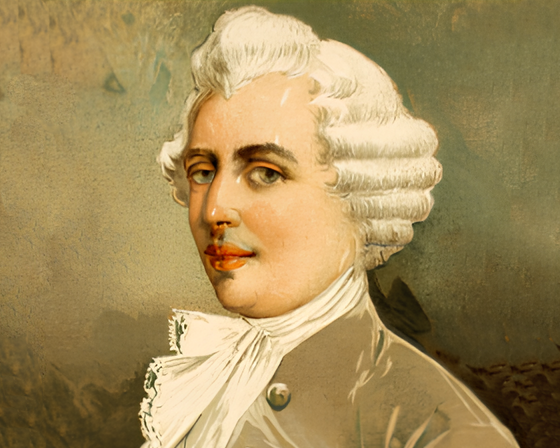Back in the 70s, 80s, and 90s, rock stars had reputations as real “bad boys” ― trashing hotel rooms, getting drunk, and indulging in sordid affairs. For a while, it seemed the entertainment industry was getting more out of hand every day.
But those performers were hardly trailblazers when it came to acting out. Here’s the scoop on a few historical figures in classical music who could be called the bad boys of their own eras.
Although the movie “Amadeus” isn’t considered historically accurate, one of the things it got right was young Wolfgang Mozart’s penchant for drink. In a classic college fratboy-esque move, he wrote the Overture to Don Giovanni on the morning of the concert, still nursing a hangover from imbibing too much the previous evening.
A major clue of composer and music critic Philip Heseltine’s eccentricity was his preference for the name “Peter Warlock.” He and his friends Cecil Gray and D.H. Lawrence were known for hard drinking and womanizing. Then he started learning about the occult and joined the Hermetic Order of the Dawn (an offshoot of the mystical Rosicrucians).
Heseltine wrote what many considered an autobiographical novel called The Diary of a Drug Fiend. His reputation got worse when a follower died, supposedly after participating in a ritual that featured cult members dancing naked. (He also took a ride on his motorbike sans clothing, an incident that involved the police.) Perhaps Haseltine’s epitaph, which he wrote himself, says it all:
Here lies Warlock the composer
Who lived next door to Munn the grocer.
He died of drink and copulation,
A sad discredit to the nation.
Claude Debussy was known for his compositions, including “Prelude to the Afternoon of a Faun,” but also for his tumultuous relationships with women, often leaving a trail of broken hearts and scandal in his wake. One of his most notorious affairs was with Emma Bardac, a married woman who was a close friend of his wife, Lily Texier. The affair caused a major rift between Debussy and Lily, leading to a public divorce and a near-fatal suicide attempt by Lily. This incident shocked the Parisian society and tarnished Debussy’s reputation. Debussy’s complex and often scandalous relationships with women were a reflection of his passionate and unconventional nature.

